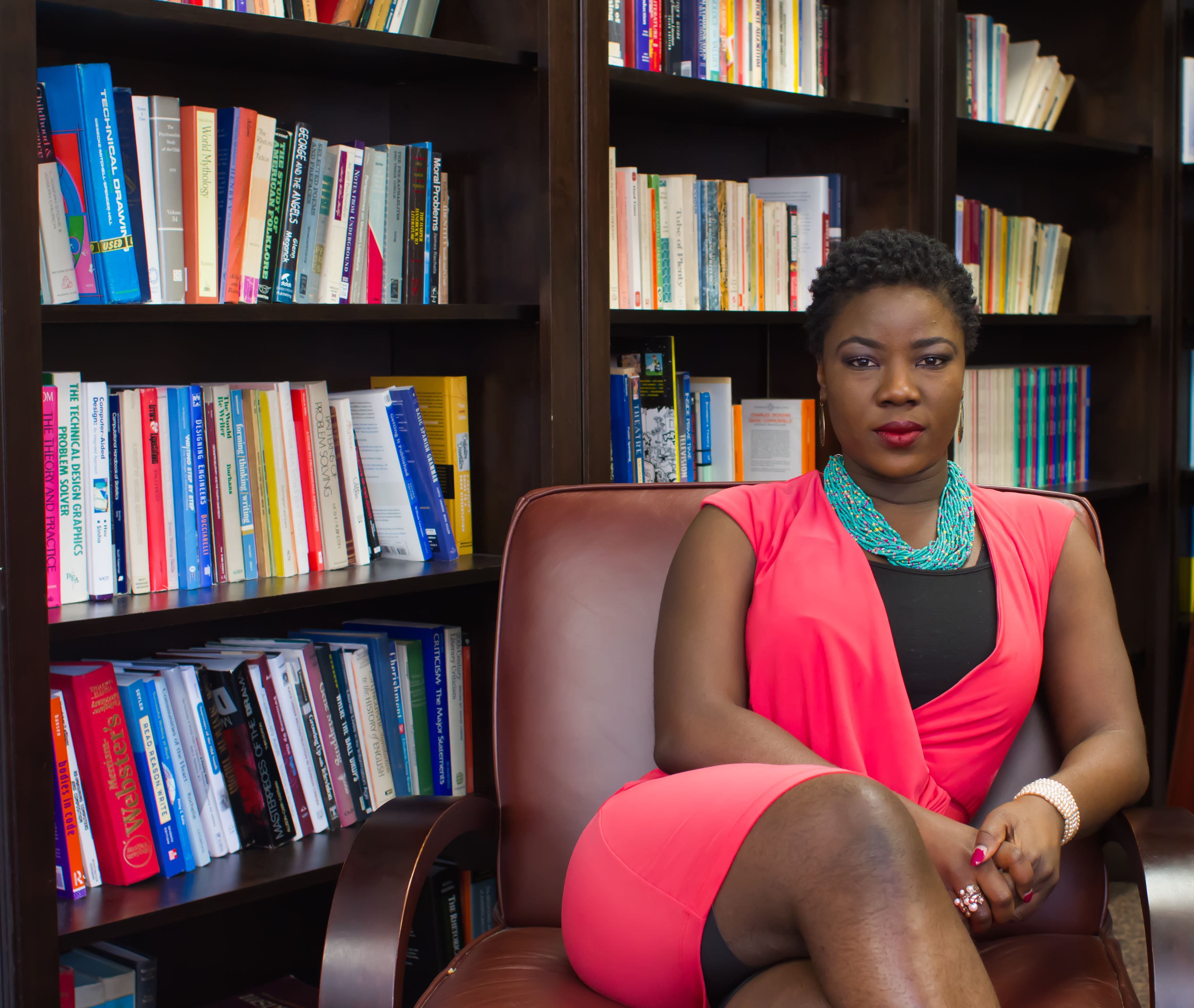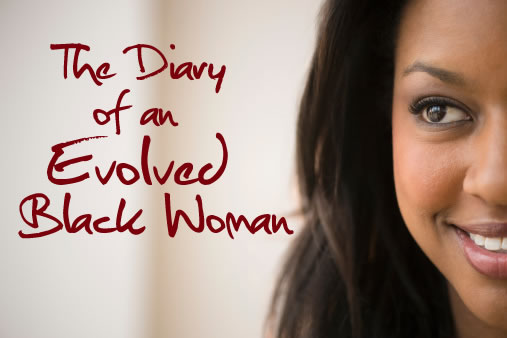When you grow up in any part of Black Africa, the meaning of strength surpasses the ability to carry a weighted object. It carries physical, psychological, social and even spiritual connotations. I am a woman, and just like all of my kind who grow up here too, I consider myself a strong woman, in fact, a strong African woman! While this trait has served as the foundation of our upbringing, in this article I wish to highlight the many ways it has proved double-edged to much of womankind.
Let me first emphasize that the African woman has always been strong. However, this strength has seen a positive and a negative use. In the account of history which precedes the coming of our European Lords, African women in both matriarchal and patriarchal systems were revered no matter their status. Matrilineals might have even taken their reverence a bit too far by equating her with the giver of life. For instance, there are reports of so-called primitive societies who for a limit of Enlightenment-inclined science failed to see the connection of heterosexual mating to procreation and so believed that the woman was the sole author of life.
In our own Ashanti kingdom, the land has been feminized into Asase Yaa, the Queen mother is older, wiser and exudes more power and reverence than the king who is male. The sole trait of procreation, nurturing and an assured continuation of the species in the past made her a strong force to reckon with even in patrilineal societies. In Okonkwo’s Umuofia, wives, mothers and women grew and harvested their own crops to establish their economic independence. Simone de Beauvoir’s insightful piece, The Second Sex, actually confirms that even in the animal kingdom, it is the females who rule. This is strength, and I like to associate myself with this kind of strength.
In recent times, when the Strong African Woman term is used, it is in connotation with certain not-so- pleasant causalities: The woman who is disowned by her parents for getting pregnant outside wedlock and ends up on the street to fend for herself and her baby on her own; or, the woman whose parents saw no use for female education and so has to deal with her unschooled, unskilled and her unemployable self in the growing capitalist globalized developing country. Sometimes, it is for the young Lamisi who has to escape from her village to the city to avoid marriage to her grandfather’s bestie, at the same time avoiding being cut by Bongo’s father, the merciless, sharp razor-wielding village Wanzam.
Maybe I am being too cynical so let me talk of Shaniqua, a young black girl who grew up in the projects, raped at age nine and thirteen, and is able to pull through her psychological trauma, poorly developed and dangerous neighborhood, underfunded school and later appears on Oprah at age 30 as a New York Times bestseller for her “very moving memoir on her difficult past.”
My good friend and mentor Joojo Cobbinah, in his recent visit to the motherland, has graced my newsfeed with touching images from his exploits in some slums of Ghana. As a woman, I was gravely affected by the realness of poverty, and the squalid living conditions the pictures convey—young girls out of school, single mothers juggling motherhood and city hustle, and young men left to their fate in a clueless country. While these proved shocking at a point, I realized they were all so familiar.
Postcolonial studies have proven that the African woman comes out as the lowliest of the lowest in the discrimination ladder. The imported Victorian version of patriarchy has stripped her of the most important form of sustenance—economic autonomy—and the love, respect and protection from the men in her society, all in the name of the “superiority” and “inferiority” traits of this version of patriarchy. African women in both patrilineal and matrilineal societies woke up one day and right before their eyes, their men were turned against them, and the sole burden of having to mediate the past and present has put them many light years behind in many ways.
While I definitely admire the strong modern African woman, her strength is not innate; it is defined not in natural causes like in the primitive sense but in humanly-created conditions. The strength of the modern African woman is a result of oppressive systems. It is dressed in unrealistic goals of a universalized patriarchal system that is demeaning, inconsiderate, and life-draining. The new strength comes from her tears, her losses and her unrequited sacrifices, not from her joys, her gains nor her satisfaction from performing her well-appreciated role to the species and society. The main difference I am pointing out here is the fact that whereas the primitive strength appeared natural and was drawn from due recognition and appreciation of her social constituents, the new strength is orchestrated and is produced by man-made conditions which can easily be scrapped by a few actions. It is important, that we do not confuse “resilience” with “strength.”
The real danger with this strength is its resonance with one racial propaganda, the ill-conceived notion that the African woman is imbued with special qualities to endure pain and hardships. For long, this has been the basis for the oppression of the African woman. This propaganda, for instance, informed the use of African women in experimental surgeries without anesthesia, and has continued in the modern day association of the black woman’s identity with pain and torture. There is a saying that “do not call a poor man humble until you have seen him rich”, to wit, certain conditions produce certain reactions, and as human beings we succumb to our ultimate call to adapt. Failure to identify this propaganda normalizes our suffering and makes it difficult for the causal factors to be eliminated. By all means, let’s acknowledge the African woman’s resilience, but let’s not correlate this with strength, as it fosters persisting injustices that continue to subjugate the African woman.
Can we identify some of the causes of the modern African woman’s plight? Can we develop strategies to alleviate the snag on her way to genuine progress? And most importantly, can we see to it that the African woman regains her strength in positivity and in life? These cannot be too much to ask, for after all, THE AFRICAN WOMAN WAS NOT BORN TO SUFFER!
Efe Plange is founder and editor of Sankofa Reviews. She is a Graduate Teaching Instructor, and is pursuing a Master’s degree in Rhetoric and Technical Communication at Michigan Technological University. She is passionate about the Arts and Cultural industry and her background in the field is fuelled by a longstanding dream of seeing theory work together with practice. Connect with Efe on social media: efplange_gh on both Instagram and Twitter, and Efe Plange on Facebook.
This post has already been read 15993 times!







